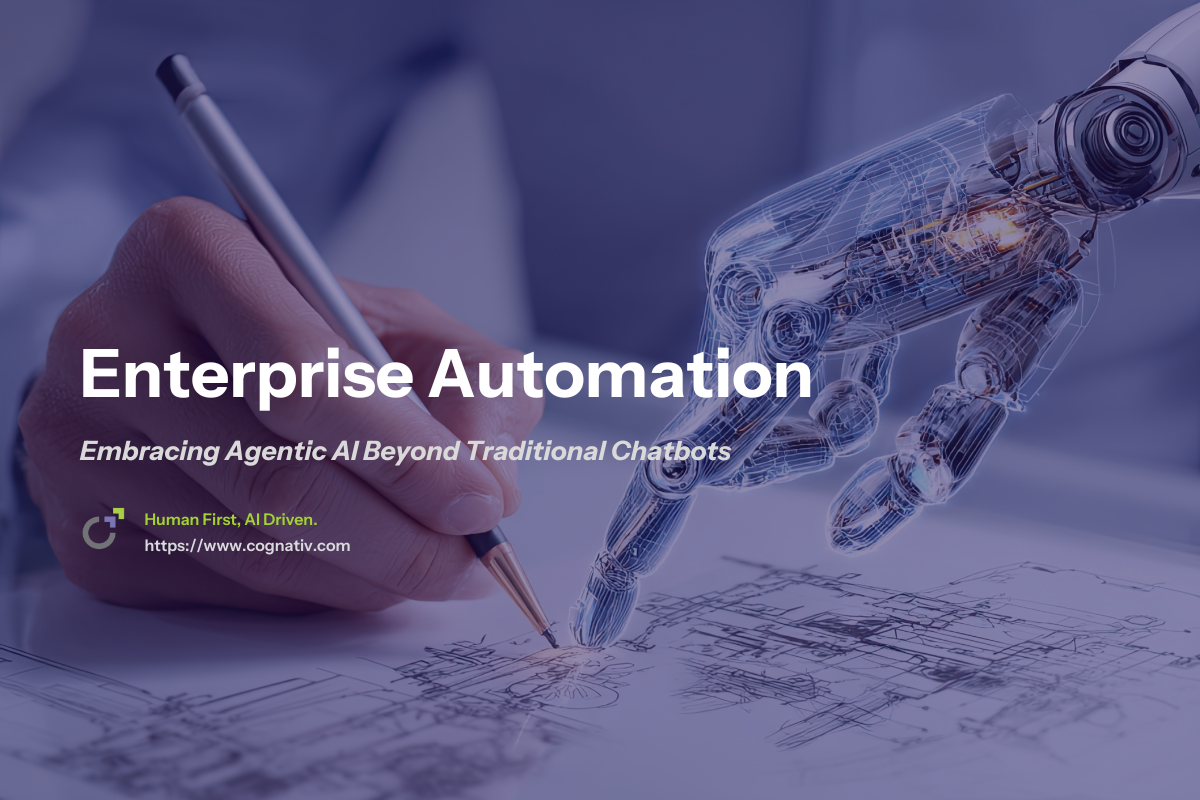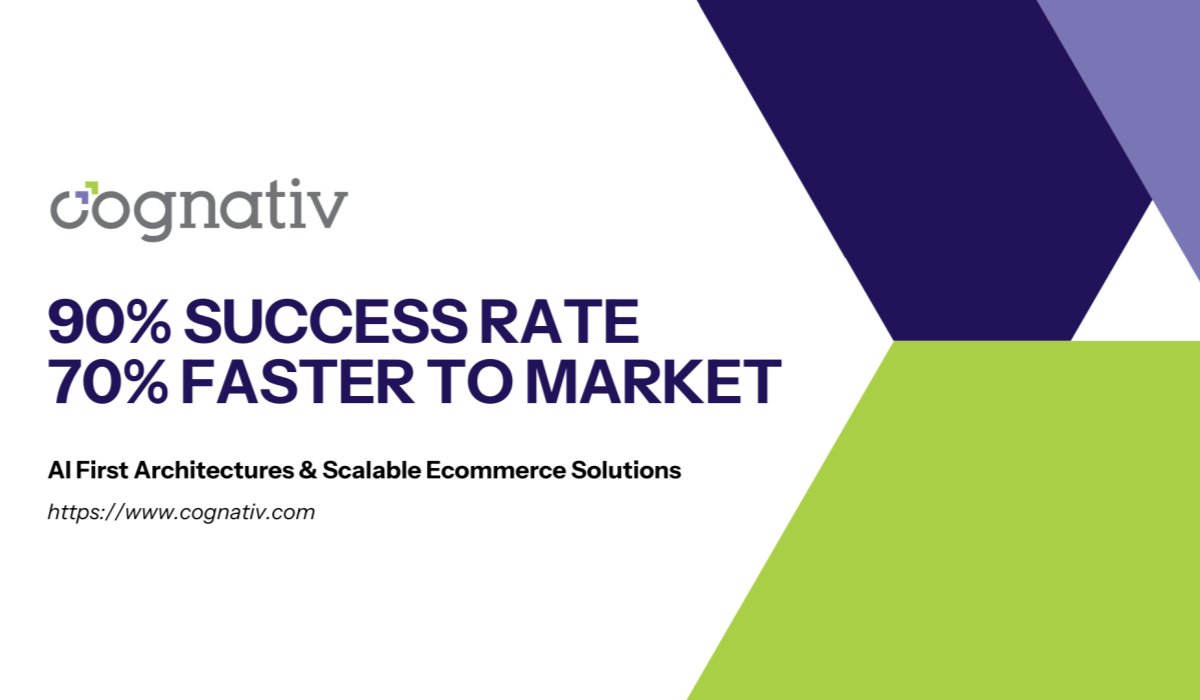Enterprise Automation: Embracing Agentic AI Beyond Traditional Chatbots
In the evolving landscape of enterprise artificial intelligence, a significant shift is underway: from traditional chatbots and AI assistants toward agentic AI systems—autonomous digital colleagues capable of interpreting, reasoning, and acting across multiple systems without constant human intervention. This article explores this transition, spotlighting the recent US$20 million seed funding raised by the German startup octonomy GmbH, which aims to scale agentic AI for complex business processes in enterprise environments. We analyze the implications for workflow automation, governance, operational complexity, and strategic enterprise transformation.
Agentic AI represents a new generation of AI-powered automation that transcends the capabilities of traditional AI agents by enabling autonomous systems to execute complex workflows with minimal human oversight. Unlike conventional AI solutions that operate under predefined rules or require human control, agentic AI systems leverage large language models (LLMs), machine learning algorithms, and integration capabilities to act autonomously, orchestrate multiple agents, and manage complex decision making across enterprise data and external systems.
Key Takeaways
-
Agentic AI enterprise automation leverages autonomous AI agents to execute complex processes across multiple systems, reducing manual effort and enhancing operational efficiency.
-
Successful implementation requires integrating specialized agents and managing agent ecosystems with robust governance to ensure compliance with data protection regulations and seamless collaboration with human agents.
-
Modern platforms often feature drag and drop interfaces and support no code platforms, enabling enterprises to accelerate the implementation process and embed agents that improve customer interactions and customer satisfaction.

Background: Octonomy’s Funding and Platform Innovation
Octonomy GmbH recently secured US$20 million in seed funding led by Macquarie Capital, signaling investor confidence in agentic AI enterprise automation. The company’s platform specializes in interpreting unstructured technical documentation, wiring diagrams, ERP data, and system logs, achieving over 95% accuracy in contexts where traditional AI solutions struggle. This breakthrough addresses a critical gap in automating complex technical workflows that involve multiple systems and sensitive data, often hindered by manual effort and siloed data infrastructure.
“We built this because we believe 80% of all AI projects fail as soon as complexity kicks in — our agents are designed to interpret technical documentation and system logs and deliver human‑level precision.”
— CEO of Octonomy (Tech Funding News)

The Significance of Agentic AI for Enterprise Workflows
Agentic AI platforms mark a tipping point in enterprise automation, enabling autonomous agents to replace or elevate human workers in executing complex workflows. This evolution has several key implications:
Workflow Automation Escalation
Traditional AI solutions have primarily focused on assisting humans with repetitive tasks and simple task automation. Agentic AI, however, enables autonomous systems to operate independently, executing complex business processes that span multiple tools and systems. This shift accelerates the scale and scope of automation in enterprise environments.
Rising Operational Complexity
Many enterprises still rely on legacy workflows characterized by manual intervention and tool-heavy processes. Embedding agentic AI into these workflows requires reimagining business processes to leverage AI-driven automation effectively, as well as managing change across human workers transitioning to agent managers.
Security and Governance Imperatives
The increased autonomy of AI agents introduces new challenges in AI governance, data protection regulations, and auditability. Enterprises must implement robust control mechanisms, including logging agent decisions, maintaining audit trails, and ensuring compliance with data protection laws such as GDPR and HIPAA.
Market and Vendor Evolution
Investor interest in agentic AI platforms reflects a market pivot from simple AI modules toward integrated, full-stack agentic AI solutions. Enterprises should evaluate vendor roadmaps to prioritize platforms offering seamless integration capabilities and support for autonomous agents operating across complex workflows.

Key Characteristics of Agentic AI Systems
Agentic AI systems exhibit distinct features that differentiate them from traditional AI agents and autonomous agents:
|
Characteristic |
Description |
|---|---|
|
Autonomy Level |
Operate with minimal human oversight, capable of multi-step decision making and task execution |
|
Integration Capabilities |
Seamlessly connect with multiple systems, including ERP, CRM, and external data sources |
|
Learning and Adaptation |
Utilize machine learning algorithms to improve performance based on past interactions |
|
Complex Workflow Handling |
Manage complex business processes involving multiple agents and dynamic environments |
|
Governance and Auditability |
Embed control mechanisms ensuring compliance with data protection regulations and AI governance |

Enterprise Actionables: Preparing for Agentic AI Adoption
Enterprises aiming to leverage agentic AI for workflow automation should consider the following strategic steps:
Inventory Complex Workflows
Identify workflows with high error rates, heavy manual intervention, or unstructured data sources—such as field service, manufacturing maintenance, and fleet logistics—that stand to benefit most from agentic AI automation.
Pilot Agentic AI Platforms
Develop evaluation criteria emphasizing accuracy, audit trails, integration ease, and lifecycle costs. Focus on platforms that demonstrate proficiency in handling complex tasks autonomously and support human-in-the-loop fallback mechanisms.
Upgrade Governance Frameworks
Establish comprehensive AI governance policies incorporating logging of agent decisions, risk management for autonomous systems, and compliance with relevant data protection regulations.
Train and Reskill Workforce
Prepare human workers for evolving roles as agent managers overseeing AI agents, shifting from manual task execution to strategic oversight and exception handling.
Reassess Vendor Roadmaps
Engage with vendors to understand their agentic AI capabilities, including levels of agent autonomy, integration with enterprise systems, and data security compliance.

The Future of Enterprise Automation: From Assistants to Autonomous Agents
Agentic AI represents a paradigm shift in AI-driven automation, moving beyond reactive assistants to proactive autonomous agents capable of executing complex workflows with high precision. This transition aligns with broader trends in generative AI and machine learning, which empower AI systems to synthesize information, generate content, and interact using natural language processing.
Enterprises that embrace agentic AI at this tipping point can expect significant benefits, including:
-
Reduction in manual effort and operational costs
-
Enhanced accuracy and throughput in complex business processes
-
Improved compliance and auditability in sensitive environments
-
Greater agility and scalability in enterprise automation

Conclusion
The US$20 million funding round for octonomy GmbH underscores the growing importance of agentic AI in enterprise workflow automation. As AI agents evolve to operate autonomously across multiple systems with minimal human intervention, enterprises must adapt their business processes, governance frameworks, and workforce capabilities to harness the full potential of this transformative technology.
Sources
-
Tech Funding News: “octonomy raises US$ 20 M to scale agentic AI that tackles complex enterprise workflows.” Tech Funding News
-
SMEFutures: “Over 1 lakh tech jobs lost in 2025 as AI reshapes global workforce.” smefutures.com
-
The Smart Investor: “US Tech Earnings: AI investments drive strong results for major players.” The Smart Investor
If you lead enterprise technology operations, workflow automation, or AI vendor evaluation, now is the time to explore how agentic AI can elevate your process stack. Ask yourself: which workflows will benefit most from autonomy? How do you monitor agent decisions? How do you reskill your workforce? Subscribe to What Goes On: Cognativ’s Weekly Tech Digest to stay ahead of these transformative shifts.


